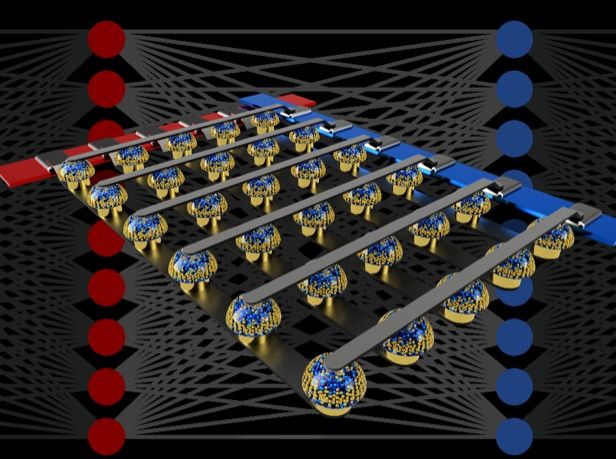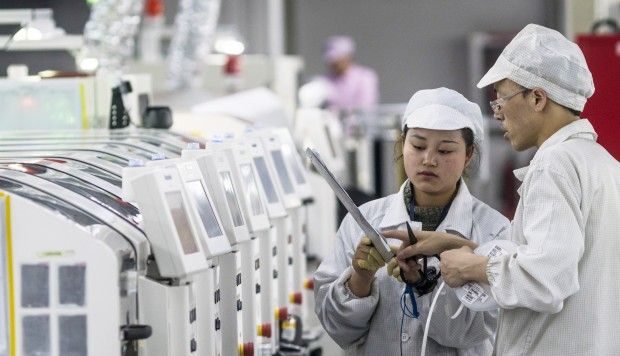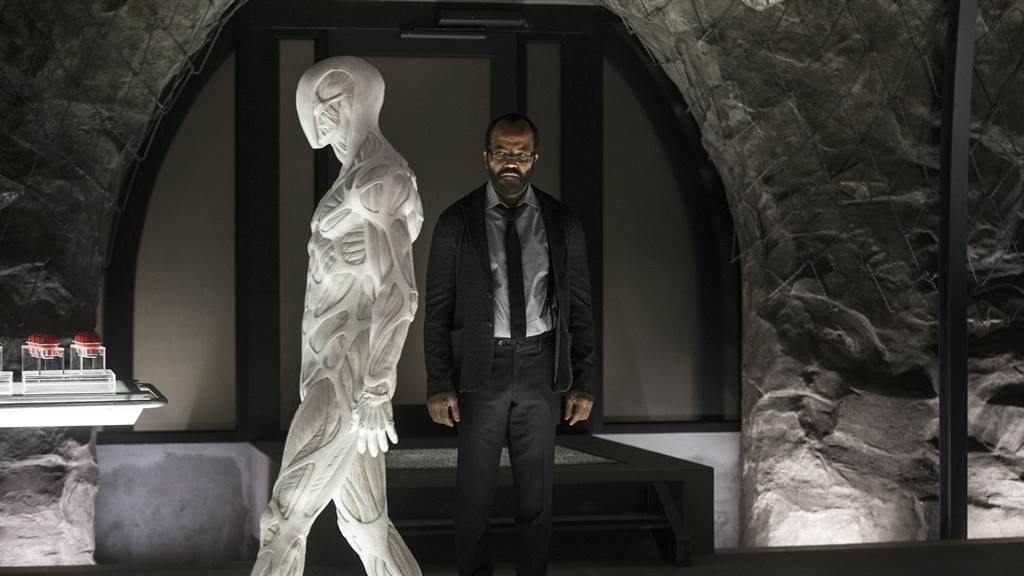Robots aren’t playing professional soccer just yet, but they can certainly help predict it! With the FIFA World Cup kicking off, San Francisco-based tech firm Unanimous A.I. has used its considerable artificial intelligence expertise to predict the outcome of the 32-team men’s soccer tournament. Given that the startup has previously predicted the Super Bowl results successfully right down to the exact final score, we totally think this is worth taking seriously.
“These predictions were generated using swarm A.I. technology,” Louis Rosenberg, founder and CEO of Unanimous A.I., told Digital Trends. “This means it uses a unique combination of human insights and artificial intelligence algorithms, resulting in a system that is smarter than the humans or the machines could be on their own. It works by connecting a group of people over the internet using A.I. algorithms, enabling them to think together as a system, and converge upon predictions that are the optimized combination of their individual knowledge, wisdom, instincts, and intuitions.”
The technology is modeled on the remarkable abilities of swarms in nature, such as swarms of bees, schools of fish, or flocks of birds. These natural swarms combine the insights of large groups in optimized ways. Unanimous’ swarms utilize this same principle to answer complex questions — such as giving precise probability-based outcomes on each game in the World Cup.





